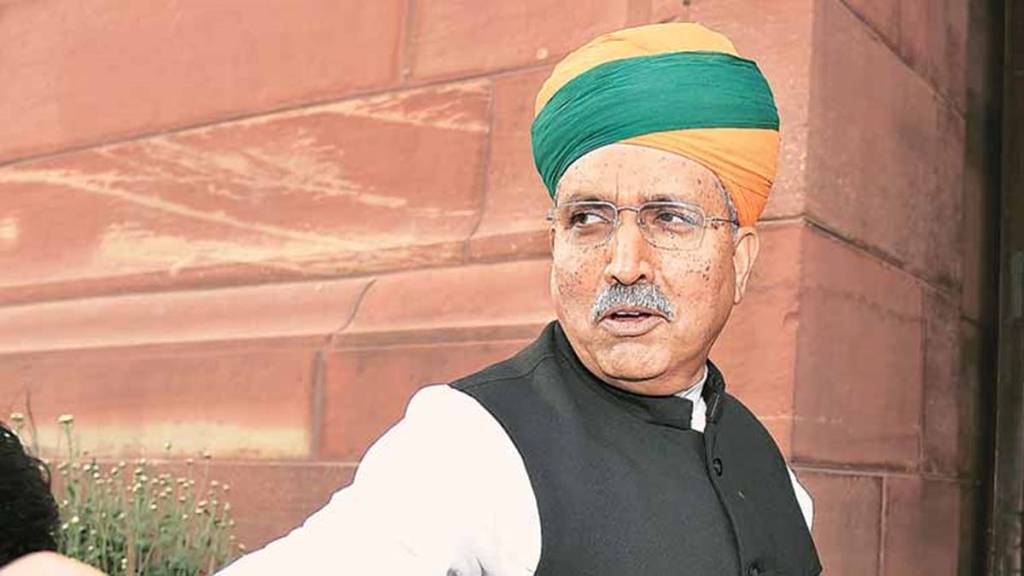Law Commission of India: The Law Commission of India has stated to the union government that it is “not advisable to tinker” with the existing age of consent under the Protection of Children from Sexual Offences (POCSO) Act to exempt adolescent sexual acts from the purview of the criminal law, reports The Indian Express. The current age of consent in India is 18 years.
The Commission headed by former Karnataka High Court Chief Justice Ritu Raj Awasthi, in its Report No. 283 on ‘Age of Consent under the Protection of Children from Sexual Offences Act, 2012’, has instead favoured introducing “guided judicial discretion in the matter of sentencing” in cases involving those in the 16-18 age group.
The report was submitted to Union Law Minister Arjun Ram Meghwal.
The panel said that reducing the age of consent will have direct and negative bearing on the fight against child marriage and child trafficking.
The law panel report said that after a careful review of existing child protection laws, various judgements and considering the maladies of child abuse, child trafficking and child prostitution that plague our society, the commission is of the measured view that “it is not advisable to tinker with the existing age of consent under the POCSO Act”.
“However, having cautiously considered all the views and suggestions furnished in this regard, the commission said it considers it necessary that certain amendments need to be brought in the POCSO Act to remedy the situation in cases wherein there is tacit approval in fact though not consent in law on part of the child aged between 16 to 18 years,” according to the report.
Law Commission presents 3 solutions
The Commission, which went into various aspects of the issue, said it was finally presented with three possible solutions – a blanket reduction of the age of consent to 16 years as was the situation prior to enactment of the POCSO Act; introduction of a limited exception in case of consensual sexual act involving a child above the age of 16 years; or, introduction of judicial discretion in sentencing in cases of consensual romantic relationship between adolescents or with an adolescent between the age of l6 to l8 years.
“With respect to the first proposed solution, while giving a blanket exemption to consensual sexual acts by persons above 16 years may seem like a panacea for the situation we are faced with, however, the same will lead to many unintended consequences of much severe nature,” it said.
With respect to the second proposed solution, carving out a limited exception for sexual relations with a child above 16 years is equally concerning and prone to misuse, the panel said.
“The consent of a child is no consent and reading the same would be deeply problematic. All children deserve the protection of the special law enacted for this very purpose and diluting the age of consent will deprive a significant portion of the child population, especially young girls aged 16 to 18 years, of the protection and expose them to unchecked exploitation,” it said.
The panel said the third solution of introducing judicial discretion in sentencing seems to strike a delicate balance to address the issue at hand and at the same time protecting children from sexual exploitation.
E-FIRs registration
Additionally, the Law Commission has recommended rolling out registration of e-FIRs in a phased manner beginning with offences bearing up to three years jail term, and setting up a centralised national portal to facilitate it.
“Due to the march of technology, means of communication have progressed in leaps and bounds,” Awasthi said. “In such a landscape, clinging on to an archaic system of registering FIRs does not augur well for criminal reforms.”


